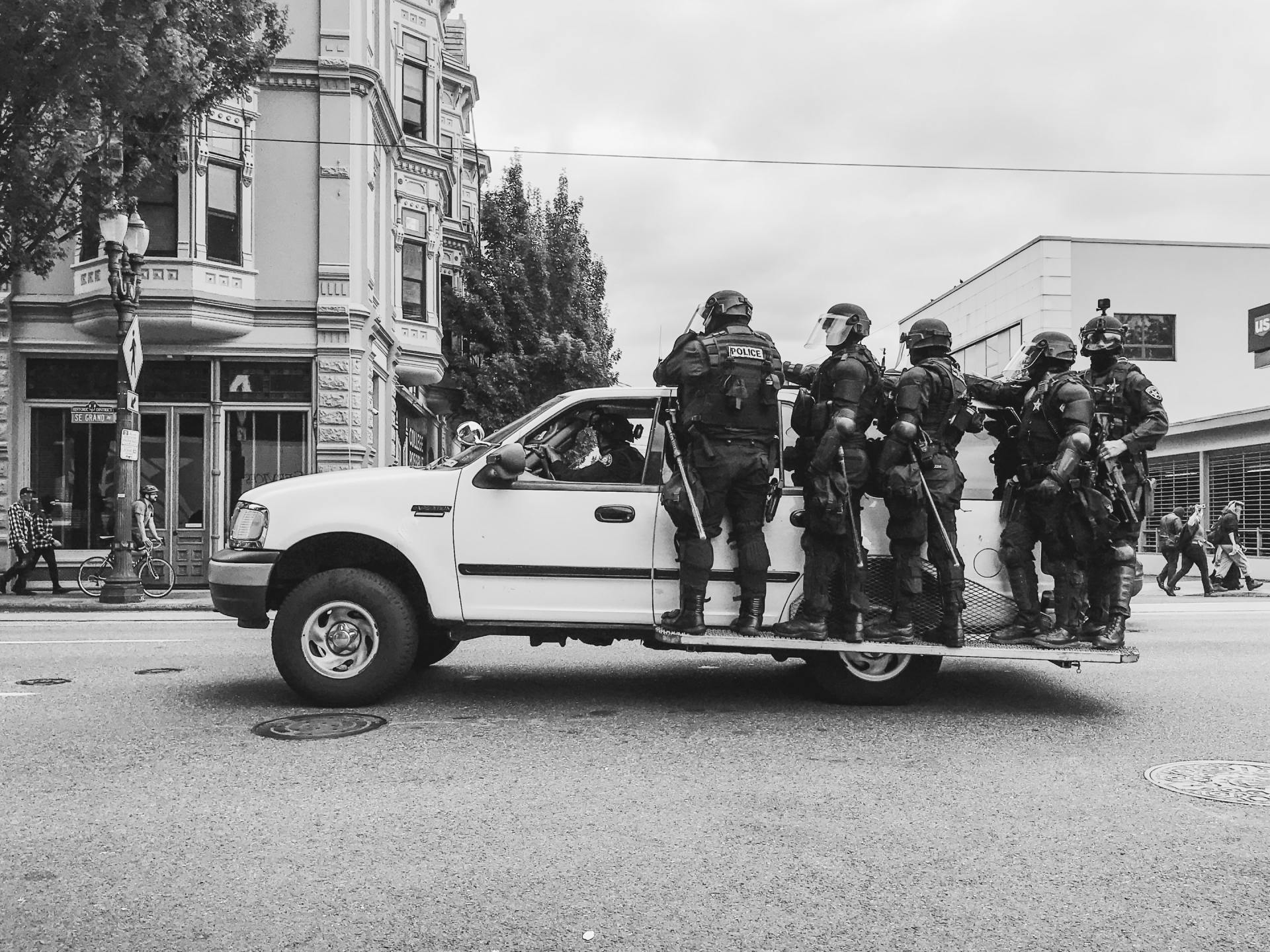Mettle Monday - Fight or Flight

I was sitting at my kitchen table looking at the detective as he said to me, “Listen to me, we need you to be ok. Thousands of people need you to be okay. You can’t let this destroy you. After all, he was a pro fighter, you don’t know what all those hits to head did to him.”
As I sat there in shock after discovering my husband’s dead body in my driveway I remember, even through the weird haze my brain was in thinking, “He is just making up excuses, trying to make me feel better. After all, what do hits to the head have to do with killing yourself?”
I had been married to Tim for almost three years but we had been friends for nearly 10 years and he had been my Muay Thai coach for about 7 of those years. I didn’t start dating him until he retired from his pro MMA and Muay Thai career. But during his career, as his friend and as a doctor with extra training in sports medicine, I always thought if he was ok, didn’t have a concussion, took it easy for a few weeks when he got bad hits to the head in a fight.. then he was fine. Sure I knew he sparred hard every night with other pro fighters. “Do you want to stay and play?” They would ask as I prepared to leave and I would laugh and tell them that I couldn’t hang with them. Sparring was their favorite part of the day, when the gym was empty and they could try to make each other puke. His eyes always looked so happy when it was time to play.
The year before he died he asked me to work a fight as a ringside doctor as a favor to a friend. I agreed. The first fight I worked was an amateur boxing fight. I had no idea what my job was. I remember the ref calling me up because a guy had a bloody nose and inside I was thinking.. “Why does he want me to look at this kid’s nose? He is fine. Do they not allow any blood in amateur boxing?” I was nervous as the crowd watched me jump into the ring. But that night, I got the bug... the bug for fights. I remember going home that night exhilarated. I had this feeling that medicine could actually be fun again, as I had long ago lost the thrill of being a doctor.
In spite of beginning my work as a ringside doctor prior to his death, I had never heard of chronic traumatic encephalopathy. We had a one year old daughter, I owned a practice, I was busy. I wasn’t reading many medical journals and I hadn’t seen the movie Concussion. So that night when the detective said it. I thought it was an excuse. A thought I held onto for at least a couple weeks.
As a doctor and student of Muay Thai, I often heard my physician friends say, “Why do you hang out at a fight club? How can you condone people hitting each other in the head?” Being involved in the fight culture was a little taboo for a doctor. When Tim died, I reached out to the experts at Boston University to help me make sense of what had happened. A pivotal moment in my post suicide shock psyche was when Dr. Robert Stern, at Boston University said you me, “You are doing Important work as a ringside doctor at a time that is personally very difficult for you. Please reach out to me anytime I can be of help.” Dr. Stern presumptively diagnosed him with Acute Concussion Syndrome, as he had a bad hit to the head 3 weeks before he died. He said that Acute Concussion Syndrome had rapidly exacerbated Tim’s Chronic Traumatic Encephalopathy. In my conversations with Dr. Stern two things happened:
1. I finally believed Tim really did have damage to his brain that contributed to his suicide and;
2. I felt vindicated for my work in combat sports.
I felt like one of the world’s leading experts understood. He didn’t say, “Well Tim got what he deserved, he knew what he was getting into” he didn’t say, “As a doctor you have no business being involved in these sports.” He said I had important work, and while logically I began to believe that (for really the first time in my life) emotionally I wasn’t ready to move back into the fight world.
For several months after Tim died, I couldn’t watch people get hit on the head, I cried if I saw a fight. I was angry at combat sports and blamed his death on them. I couldn’t walk into the Muay Thai gym we owned. I couldn’t train or work out. One night (under the influence of a lot of wine) I had what I considered a brilliant thought. I decided to change to traditional boxing training. I thought maybe if I put on shoes and went into a different gym, I could handle it. And I really needed some exercise for my physical and mental health. The next day I walked into a friend’s boxing gym. My friend and new coach Keith said, “okay Andrea. This has happened to you. You can’t change it. My question is what are you going to do with what has happened?” I answered, “Keith man... I’m just trying to get through a day without crying right now, I can’t think about that.”
The next Couple months he bugged me and bugged me. While we trained and I started to feel my brain emerging from its fog and feeling the happiness I used to feel when I trained Muay Thai. Finally I gave in. I agreed to work a fight again.
The first fight I worked after Tim died was a Muay Thai fight. I was scared. I had to bolt to the bathroom multiple times during the pre-fight physicals to hide my tears. Tim’s best friend sat by me ringside for the fights. “You can’t cry,” he said multiple times. “You have a job to do, the fighters need you to do your job, pay attention.” Somehow, I made It through that night. And through the power of some beautiful kicks in the last fight of the night, I found my joy for fights again.
Since that time I have gone on to become board certified in combat sports. I made up my mind to be the best I could be at ringside medical work. I have been certified by the Association of Ringside physicians and by USA Boxing. I have read every article I can about CTE and concussions, I have made it a mission to educate fighters and their coaches on ways to avoid or decrease their chances of the same fate. I have become a leading ringside physician in my home state of Georgia in the United States and have been picked to work every major fighting event that has come to my state in the last two years, including the UFC and Mayweather Productions.
I don’t know where this career will take me, but I do know that I had to stop crying to move forward, and while it is fun, and a real adrenaline rush to dodge cameras and jump in a ring to check out a world class fighter in between rounds, all of that is just icing on the cake. I do it for Tim. I do it for those families I want to spare the horror of what mine has gone through, and if one person avoids that fate because of me, I will consider my job well done. The truth is, I believe everyone has something. Their niche, their gift, and I believe this is mine.
Through the suicide of my husband I have found my purpose.
Dr. Andrea Verburg is a pediatrician and combat sports physician in the United states. Dr. Verburg graduated from Texas A&M college of medicine in 1999, and opened her own practice outside Atlanta, Georgia in 2002.










